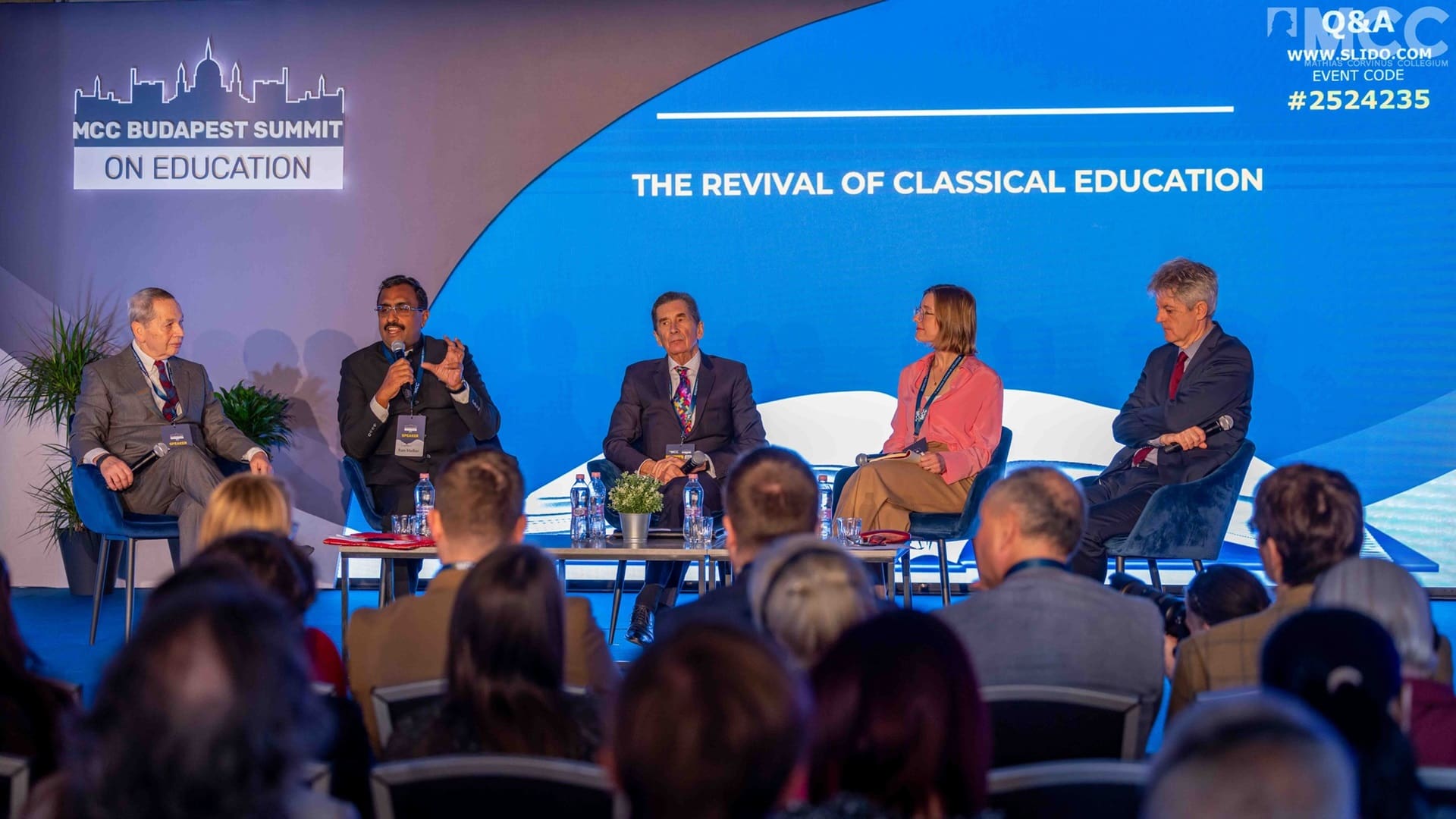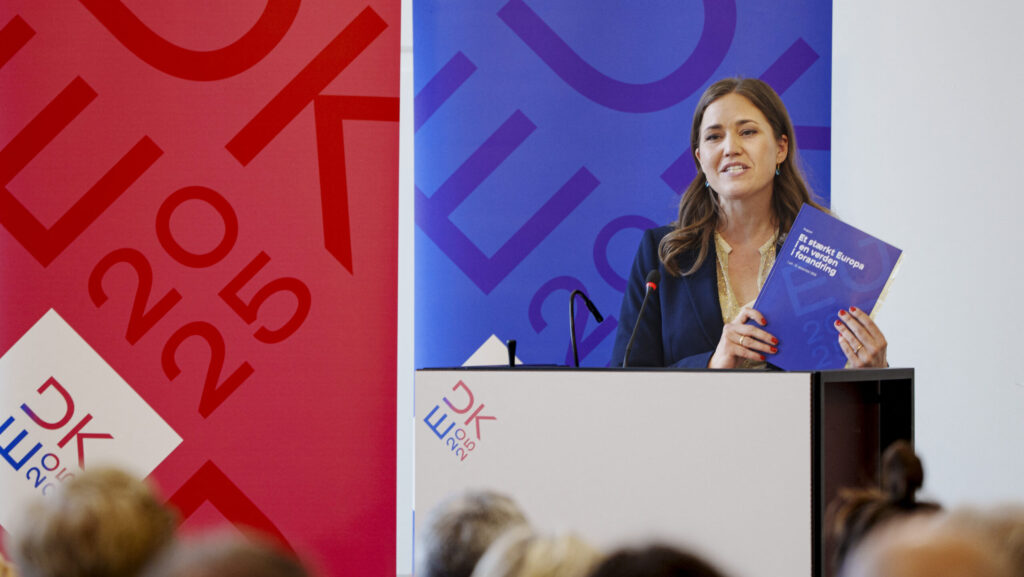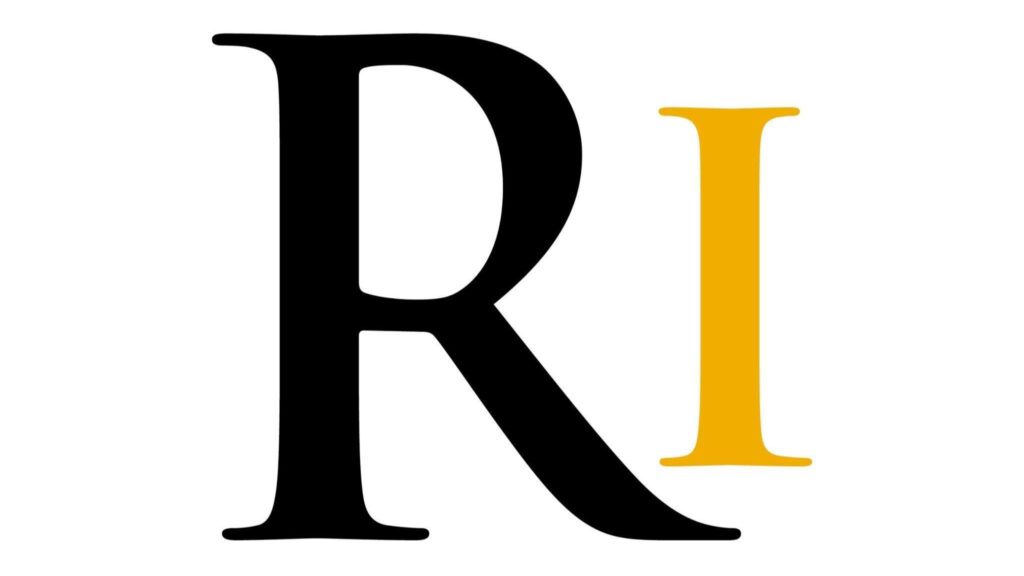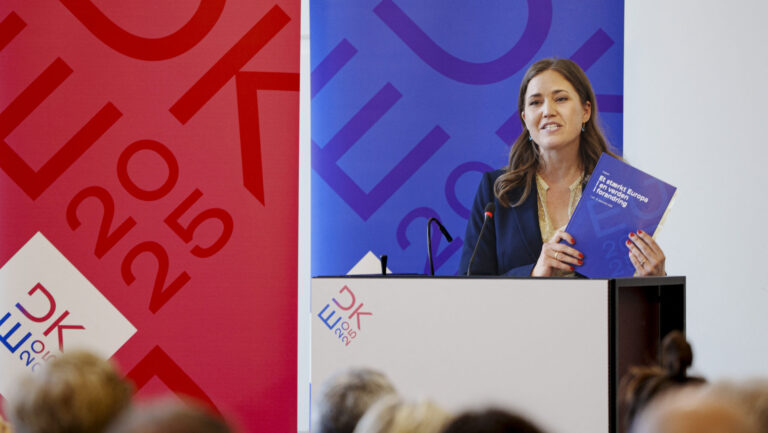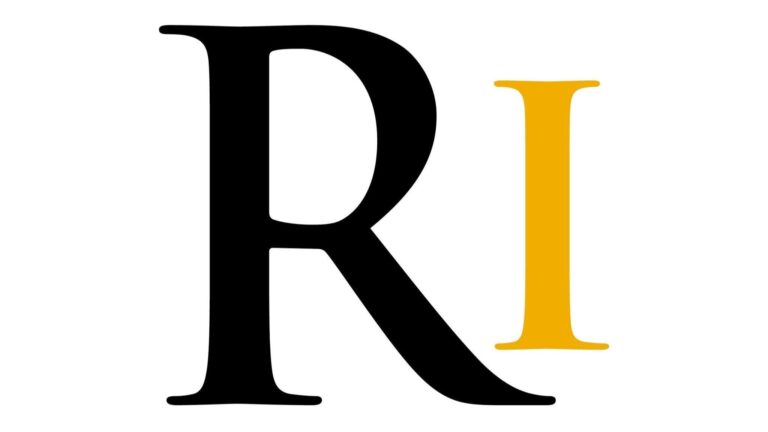The Mathias Corvinus Collegium in Budapest is putting on its first summit on education since February 2022. It is currently taking place, 27–28 February, at the MCC campus by the Bottomless Lake, on the Buda side of Budapest.
MCC Director General Zoltán Szalai pointed out in his opening address that a lot has changed since the last MCC Education Summit. The Russian invasion of Ukraine has brought major shifts in the geopolitical world order. Meanwhile, the rapid advancements in artificial intelligence technology have posed new challenges in the classrooms—something that the event dedicated a whole panel to discuss, more on that later.
However, amidst all these changes, MCC’s core mission remained the same: as Mr Szalai outlined, it is to raise free-thinking, elite students who could hold their own in the labour force abroad as well.
Frank Füredi, executive director of MCC Brussels, took the stage next. He told the audience that he fears that modern discussions about education are under ‘the spell of time,’ meaning they focus on the current challenges too much, as opposed to the underlying essence of education. He went on to point out that the harmful effects of new technology on children have always been part of the public discussion, similarly to how we talk about social media or AI these days. Even in the time of Ancient Rome, philosopher Seneca wrote about the disruptive nature of book reading, and how books disincentivize people from actually memorizing things.
Similarly, the current debate on whether we should teach our children ‘knowledge or skills; goes back to the turn of the 20th century,
Mr Füredi stated.
Mr Füredi believes that the current education system’s shift of focus away from knowledge and overconcentrating on skills is one of the major issues of schools today. As he put it, there is a difference between training someone for a skill, and educating some, as in, imparting knowledge on someone—you can train a gorilla, but you cannot educate them, he continued with his train of thought.
Another shift in focus, the speaker highlighted, was that away from philosophy, and to psychology in the classroom, a development he also disapproves of. He lamented the phenomenon he dubbed ‘socialization in reverse’. Mr Füredi said that older generations used to lead the way in moral development. Nowadays, the younger generation of Greta Thunberg-like activists hold contempt for the elders for ‘ruining the planet,’ and it is becoming more acceptable for a child to lecture the older generation.
Mr Füredi also talked about the demonization of Western culture and history, which is also prevalent in classrooms around the world today—this theme that repeatedly came up during panel discussions.
The first of these panels featured Nicholas Tate, author of the book The Conservative Case for Education Against the Current; Joanna Williams, Director of the Canterbury-based think tank Cieo; Ram Madhav, President of the India Foundation; and Mr Füredi himself.
Balázs Orbán on Twitter: “Nicholas Tate, after his successful book launch in #Budapest yesterday, is now speaking at the @MCC_Budapest’s Budapest Summit on Education about the issue of #conservative #education. As he stated in his speech:👉We must prepare young children for the world through education… https://t.co/uIkh5K5ZE7 / Twitter”
Nicholas Tate, after his successful book launch in #Budapest yesterday, is now speaking at the @MCC_Budapest’s Budapest Summit on Education about the issue of #conservative #education. As he stated in his speech:👉We must prepare young children for the world through education… https://t.co/uIkh5K5ZE7
Mr Tate started by saying that there is a difference between classical and conservative education, and he does not believe that all old teaching methods are correct. However, he also believes that the ‘all-utilitarian’ methods of teaching today are wrong as well. Mr Füredi conceded that some of the push for utilitarian, labour-force-oriented education comes from the right, while the push for social justice-oriented schooling is coming from the left in Western schools.
When the panellists were asked if they believe the modern trends in education can be reversed to more traditional approaches to teaching, most of them gave pessimistic answers—’the current is against us,’ as Mr Füredi put it. Ms Williams gave an odd example: even the Canterbury Cathedral, under the scope of the conservative Church of England, decided to host a so-called ‘silent disco’ in the church building, in order to attract young visitors and thus generate more revenue.
Mr Tate spoke of an elite school in England, the history of which goes back to the 14th century, having its curriculum re-assessed in the wake of the George Floyd riots in the United States. Mr Madhav, however, shared with the audience that in his home country of India, public education is having a revision of more traditional methods, after Western influence had moved it in the other direction in the past years.
The next panel, titled ‘Political Activism in the Classroom,’ had on stage Fernando Griffith, former Minister of Culture of Paraguay; Mike Gonzalez, senior research fellow at the Heritage Foundation; Bonnie Snyder author and co-founder of the Terra Firma Teaching Alliance; as well as Stuart Waiton, leader of the Scottish Union for Education. The discussion was moderated by Rodrigo Ballester, head of the MCC European Studies Centre.
Ms Snyder told the audience that the leftist activism in education originates from the early 20th century, when Marxist professors first appeared at American universities,
most notably at Columbia University. This ultimately led to the collapse of the humanities, she opined, which is now infested with critical race theory.
Mr Gonzalez, referring to Mr Füredi’s statement about ‘the current being against us’ in the previous panel noted while he agrees that that is the case, there are some signs of improvement. For example, the heads of the University of Pennsylvania and Harvard were ousted after the Washington Free Beacon, a right-wing newspaper, broke the story of plagiarism scandals in the two prestigious institutions. He also expressed hope for the decentralized nature of the American public education system, which consists of 10,000–14,000 autonomous school districts.
Mike Gonzalez on Twitter: “Proud to be here in Budapest. https://t.co/doNMkep1Kz / Twitter”
Proud to be here in Budapest. https://t.co/doNMkep1Kz
Mr Griffith talked about foreign pressure on his country of Paraguay. He shared that the European Union is supporting the Paraguayan public schooling to the tune of tens of millions of euros. However, most of that money goes to the schools through leftist NGOs. The UN also has a tendency to try to push the progressive agenda on its member nations, even if that goes against their own constitutions at times.
Mr Waiton described the currently prevalent woke ideology as ‘self-centred.’ He also pointed to another major problem: according to him, in many public schools in the West, the head teachers and administrators are trying to separate the child from the parent, in order to push their woke agenda on them without any interference.
Mr Gonzalez came up with the most ambitious proposition of the event. He called for the abolition of the US Department of Education,
in order to minimize federal control of public education in the United States. As he pointed out, despite the misconception, the Department of Education is not a long-lasting institution established by George Washington or Thomas Jefferson. Instead, it was established by President Jimmy Carter in 1979, just 45 years ago.
The topic of the last panel discussion of the day was artificial intelligence. Balázs Koren, professor of mathematics at ELTE and MCC; author and education consultant Joe Nutt; Edoardo Raffiotta, a professor at the University of Milan Bicocca; and author Martin Robinson took part in this discussion.
Mr Koren stated that ChatGPT, one of the most commonly used AI programmes out there, is not as popular as it was at its launch, as people eventually discovered its limitations. In fact, there has been a decline in its usage recently, as he pointed out. Mr Nutt also noted the shortcomings of current AI systems. However, he also stated the companies producing them did a phenomenal job of marketing—even prominent politicians around the world are convinced that AI is destined to be the next groundbreaking thing.
All panellists agreed that AI can be a useful tool for someone who already has proficient knowledge in a certain field. However, without a proper level of expertise to spot mistakes and inaccuracies, the new technology can be misleading to a layman. Mr Koren pointed out that a commonly used AI software even got wrong a basic fact of Hungarian history: it identified Coloman the Learned as a 20th-century writer, as opposed to an 11th-century monarch. As for the potential political bias in artificial intelligence, which was highlighted by the Google Gemini scandal earlier this week, Mr Koren stated that he is not overly worried, given that the tech companies’ pursuit of profit will stop them from putting out too political products that would alienate a large portion of the consumer base.
Mr Robinson stressed that AI is beneficial as long as we use it as a tool, and not the other way around; and called attention to the fact at times teachers use the new technology to create lesson plans and grade assignments, not just the students to create those very assignments—in that case, humans might as well be removed from the education process.
Related articles:

